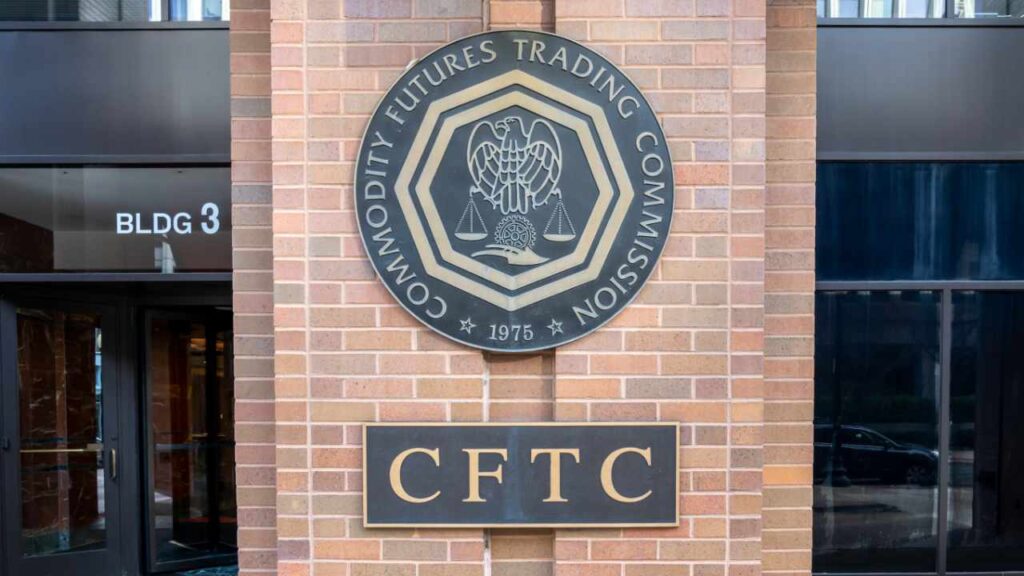The Global Markets Advisory Committee of the CFTC has given its endorsement to the use of blockchain technology to handle trading collateral in United States derivatives markets.

According to a report released on November 21, the Global Markets Advisory Committee of the Commodity Futures Trading Commission (CFTC) has endorsed using blockchain technology to administer trading collateral in United States derivatives markets.
According to the report, blockchain technologies, such as distributed ledgers and tokenization, can resolve long-standing obstacles for conventional derivatives exchanges and broaden the range of assets available for collateral transactions.
“There have been successful and proven commercial use cases for tokenizing assets worldwide,” stated CFTC Commissioner Caroline D. Pham.
“Now, we can finally begin to make progress on U.S. regulatory clarity for digital assets.”
According to the report, blockchain networks “can facilitate real-time, 24/7/365 transfers of the [collateral] asset without costly or complex linkages across multiple intermediaries,” among other benefits.
“They can also allow peer-to-peer transfers, which means that an individual who owns the asset can transfer or pledge it without involving a broker,” it continued.
The Depository Trust and Clearing Corporation (DTCC) is conducting a pilot program to settle transactions on blockchain networks. Source: DTCC
To guarantee transactions until they are finalized, traders frequently must submit collateral, or “margin.”
The CFTC is responsible for regulating commodity derivatives markets, including exchanges that facilitate trading futures and options, and overseeing US cryptocurrency markets.
How Trump will influence CFTC approach to blockchain
Donald Trump, the incoming president of the United States, intends to establish the United States as the “world’s crypto capital.” According to reports, he is considering appointing a pro-crypto commissioner to serve as the CFTC’s director when he assumes office on January 20, 2025.
The Securities and Exchange Commission and CFTC have implemented numerous regulatory actions against industry firms in response to President Joe Biden’s aggressive stance on crypto.
Summer Mersinger, a Republican commissioner of the Consumer Financial Protection Bureau (CFPB), is one of the candidates considered to serve as the agency’s chairman. Mersinger has advocated for the CFPB to adopt a more lenient position on cryptocurrency.
Commissioner Pham has also advocated for crypto, criticizing the CFTC in September for accusing Uniswap, a decentralized exchange, of operating an unregistered derivatives exchange.
Will SEC adopt blockchain technology?
The SEC will undergo leadership adjustments in addition to the CFTC. Gary Gensler, the SEC Chair, declared on November 21 that he would resign from the agency on January 20, 2025. Gensler is renowned for his uncompromising approach to cryptocurrency regulation.
There were indications that regulators and trading platforms were beginning to accept tokenized assets as collateral for transactions before the post-election reorganization at the SEC and CFTC.
The Depository Trust and Clearing Corporation, the central clearinghouse for securities trades in the United States, concluded a September pilot program investigating the use of tokenized US Treasury bills as trading margin.
